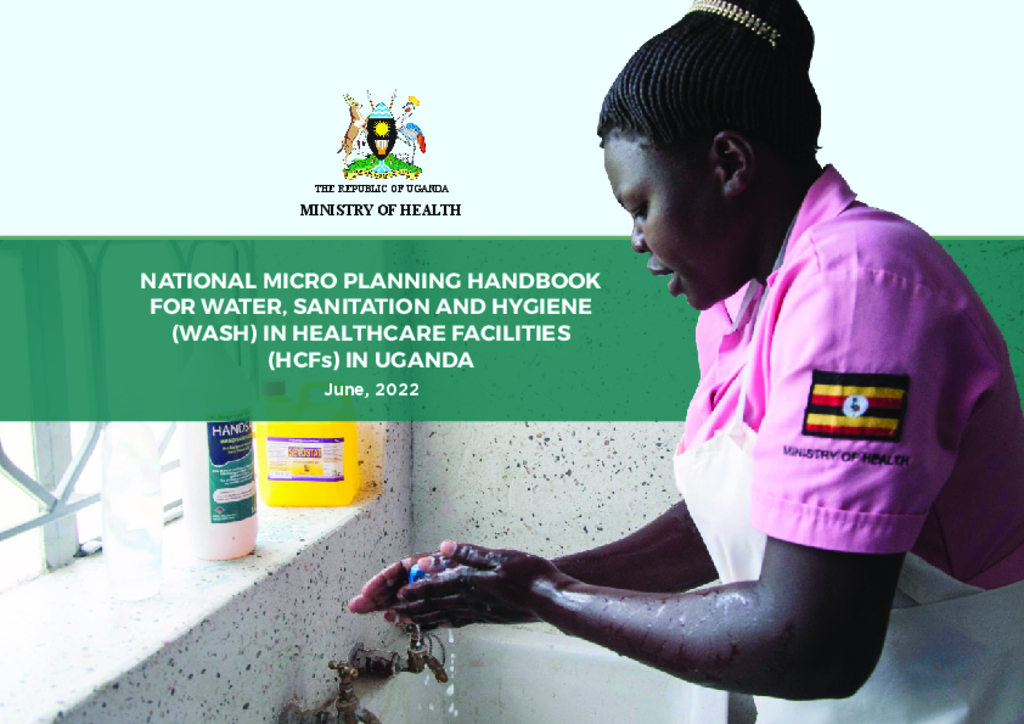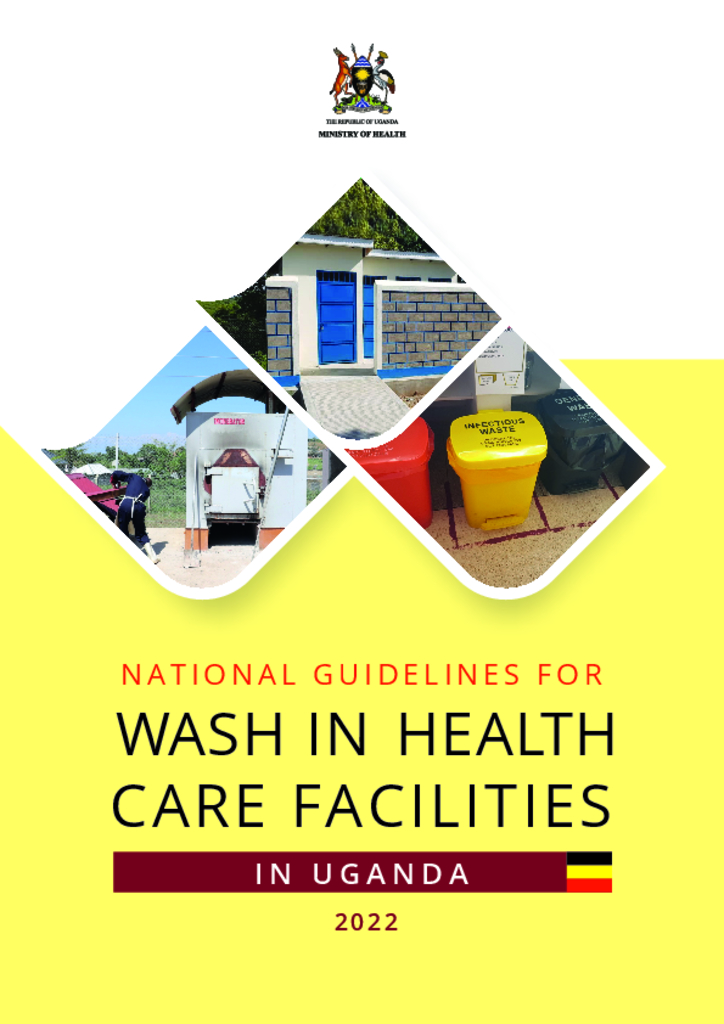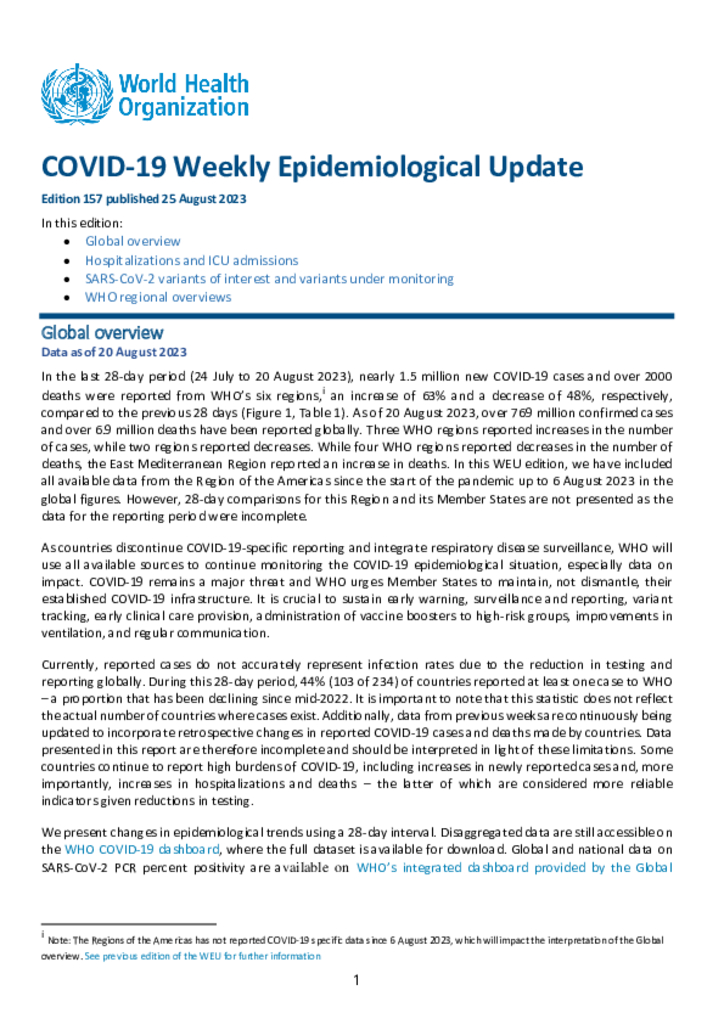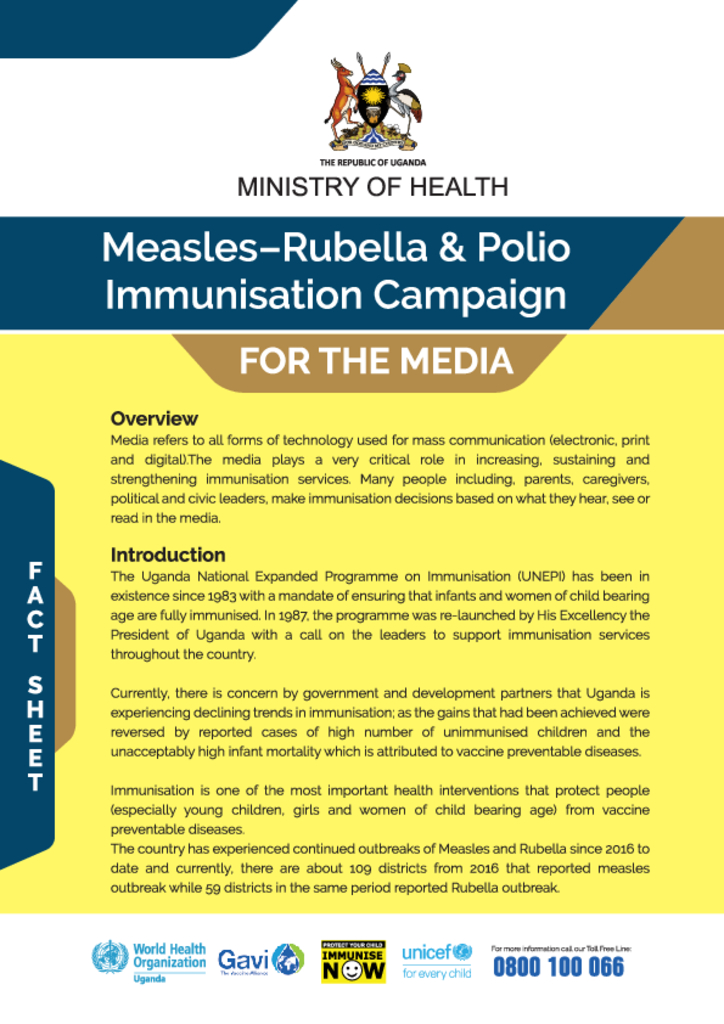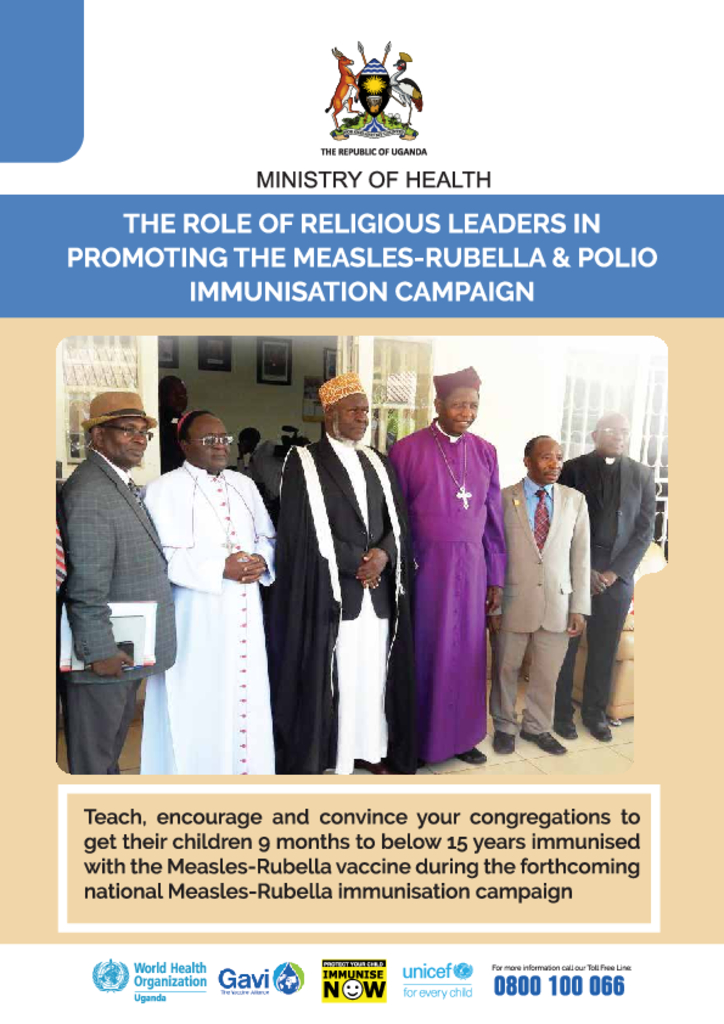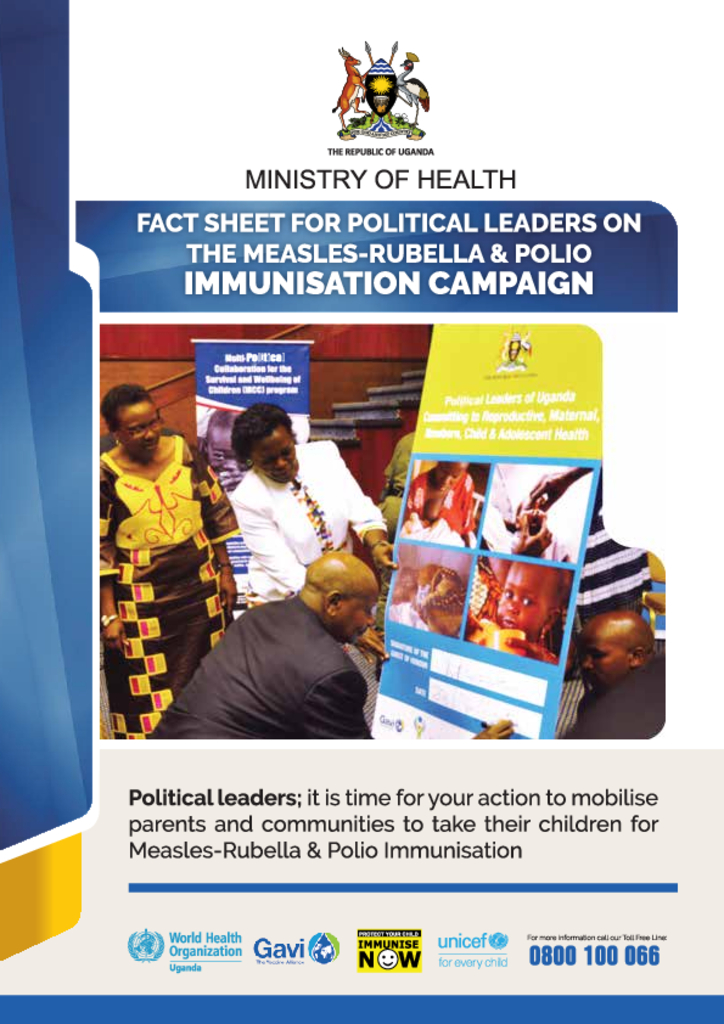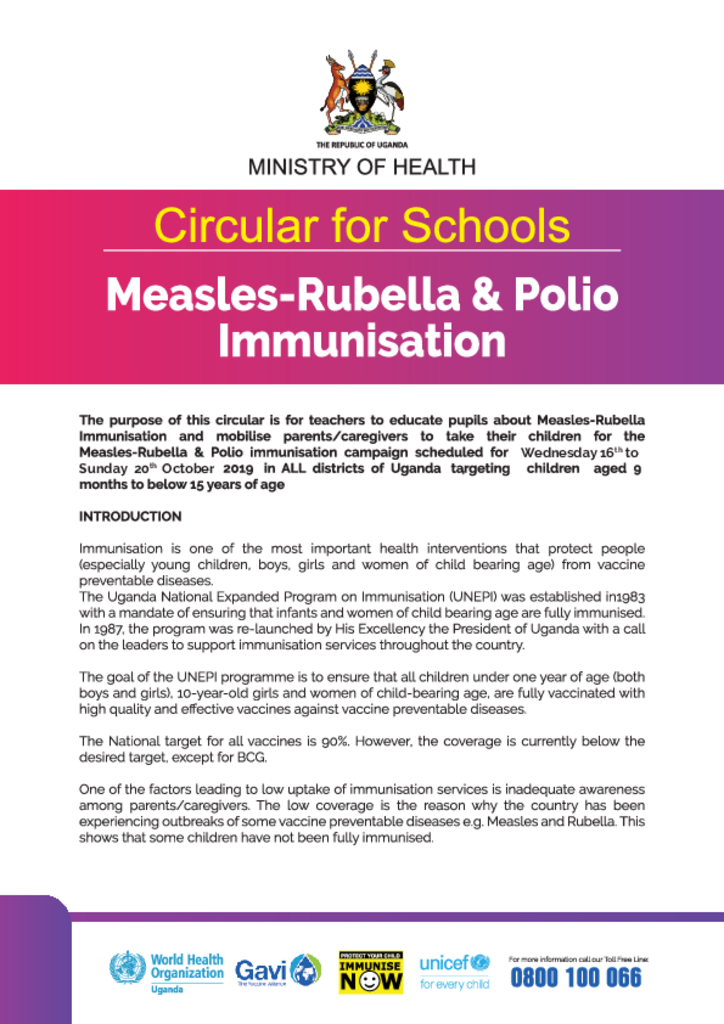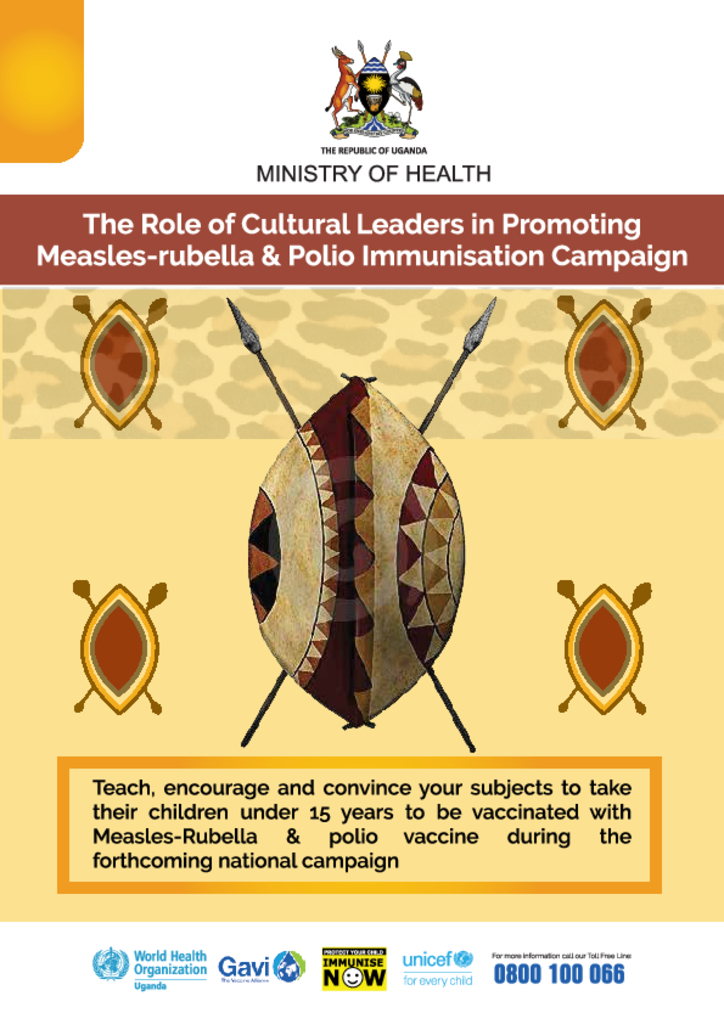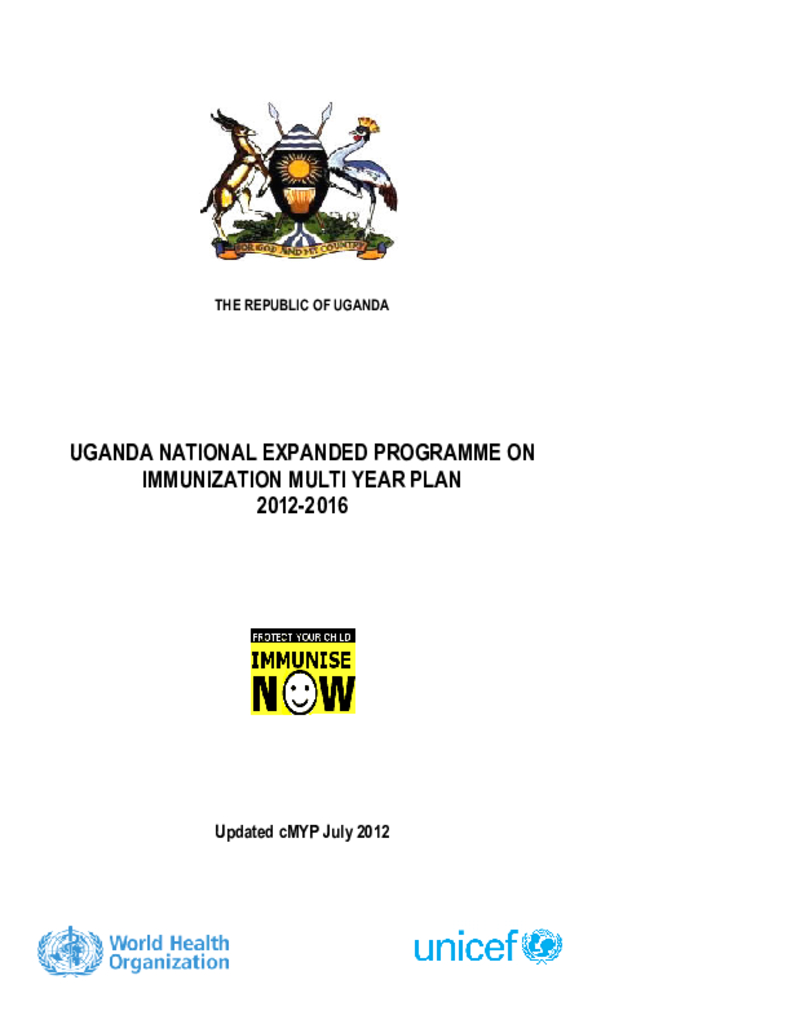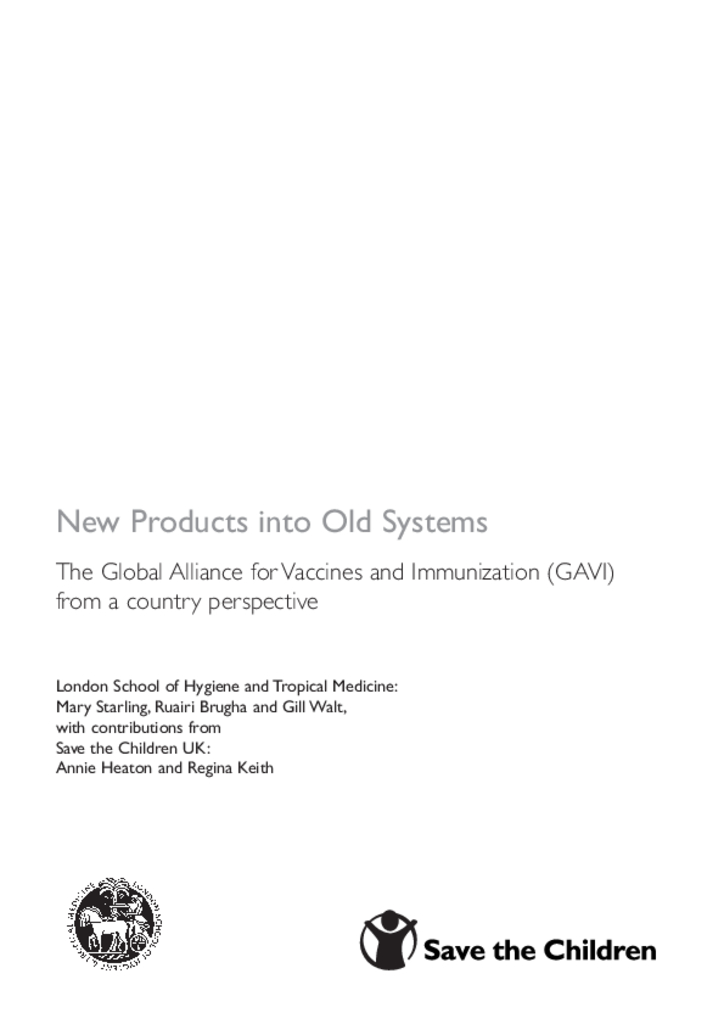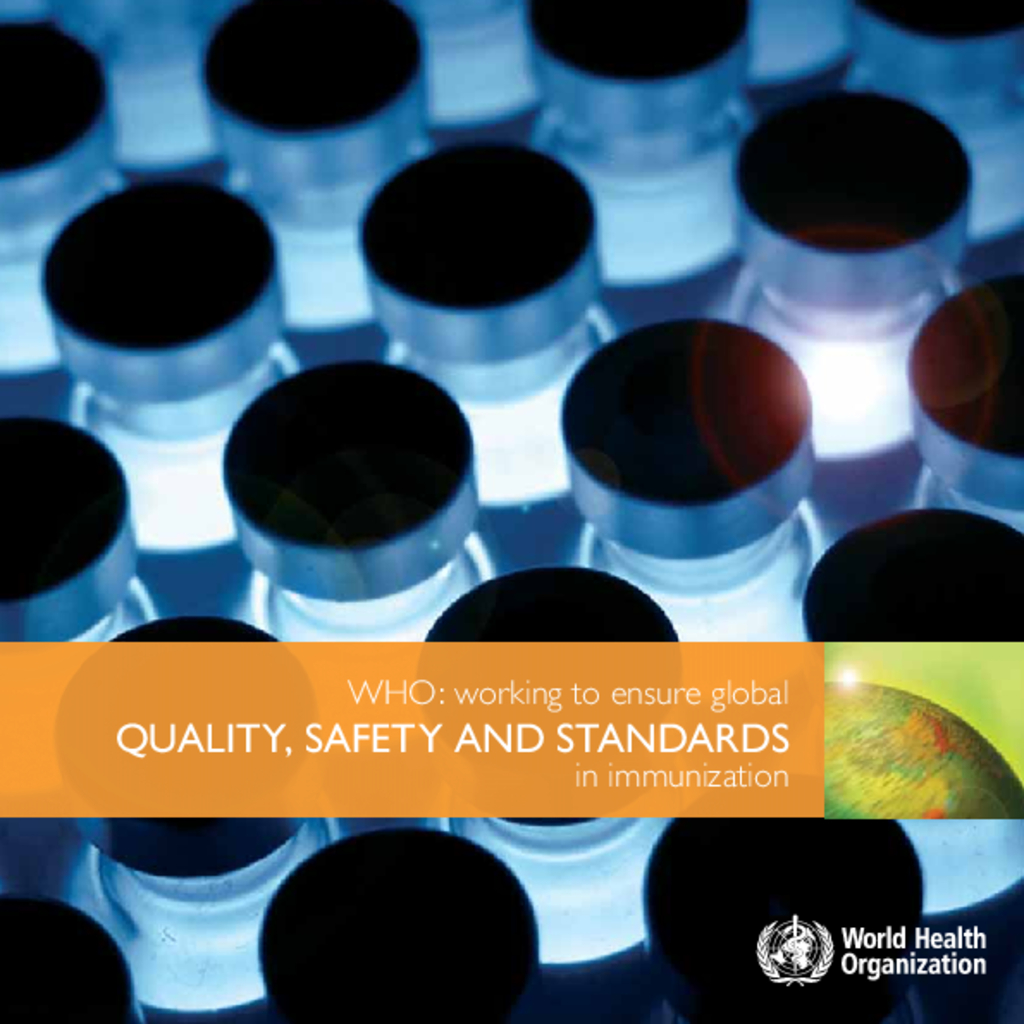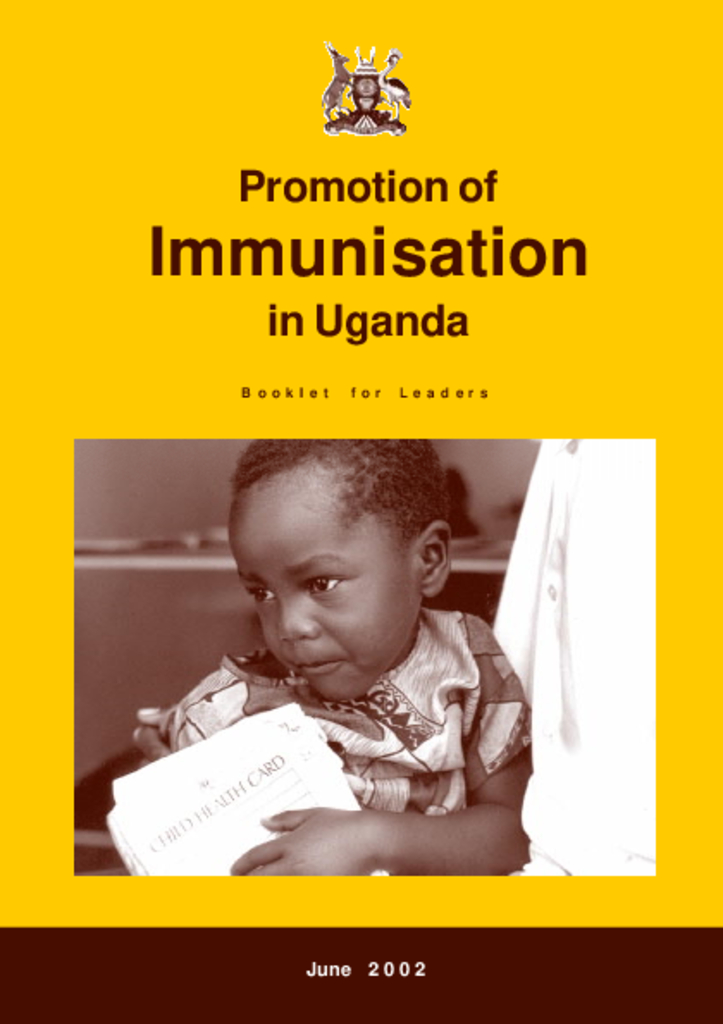The Ministry of Health recognizes that access to safe water, sanitation and hygiene (WASH) in health facilities is critical in the reduction of diseases, improved occupational health, more efficient health care services, improved staff morale and performance. The micro planning data generated will guide line ministries, local government authorities and development partners to position WASH in the health care facilities agenda within the Water and Health sectors. Additionally, it will support the development of a roadmap for achieving WASH-related sustainable development goals for health institutions.
The Sustainable Development Goals (SDG) 3 and SDG 6 reinforce the need to ensure adequate WASH services, which will result in a reduction in maternal mortality, ending preventable newborn deaths, and providing quality universal health coverage. The rationale of the WASH guidelines is to document procedures and provide a framework for strategic planning, implementation of functional and effective WASH services in healthcare facilities in Uganda. These guidelines offer a basis for creating the minimum conditions required for providing healthcare services in a healthy environment for healthcare workers, patients and visitors to the healthcare premises. They also serve as a tool for monitoring the performance of WASH in health care facilities.
As countries discontinue COVID-19-specific reporting and integrate respiratory disease surveillance, WHO will use all available sources to continue monitoring the COVID-19 epidemiological situation, especially data on impact. COVID-19 remains a major threat and WHO urges Member States to maintain, not dismantle, their established COVID-19 infrastructure. It is crucial to sustain early warning, surveillance and reporting, variant tracking, early clinical care provision, administration of vaccine boosters to high-risk groups, improvements in ventilation, and regular communication.
The media plays a critical role in increasing, sustaining and strengthening immunisation services. Many people, including parents, caregivers,political and civil leaders make immunisation decisions based on what they hear, see or read in the media.
This circular is to teach, encourage and convince congregations to get their children immunised against Measles-Rubella and Polio
This fact sheet is to help political leaders mobilise parents to take their children for Measles-Rubella and Polio immunisation.
The purpose of this circular is for teachers to educate pupils about measles-Rubella and polio immunisation and to mobilize parents / caregivers to take their children for immunisation.
This circular is aimed at providing religious leaders with basic facts about Measles-Rubella Immunisation. It's benefita ans key messages to deliver to congregations and parents so that they can take their children for immunisation during this mass immunisation campaign.
The Uganda EPI multiyear plan for 2012-2016 highlights the areas of focus for the immunization programme over the next 5 years based on previous programme performance, priorities for the health sector as stipulated in the Health Sector Strategic Investment Plan (2010/11 – 2014/15) and the global and regional goals set for child survival. The Decade of Vaccines Global Vaccine Action Plan (GVAP), Millennium Development Goals (MDG) on mortality and morbidity reduction and the WHO Strategic direction 2010-2015 provided the overall strategic framework for development of the plan as well as priorities set in the HSSIP.
This report describes the country-level experiences of applying for support from the Global Alliance for Vaccines and Immunization (GAVI) in Tanzania, Mozambique, Ghana and Lesotho; as well as early implementation experiences in the first three countries. The aim of the initiative is to raise immunisation coverage and introduce new and underutilised vaccines.
WHO’s quality, safety and standards work in the area of immunization focuses on enabling the use of vaccines, other biological medicines and immunization related equipment that meet current international norms and standards of quality and safety
This booklet has been developed to provide basic information on immunisation for leaders to enable them mobilise their communities to promote and utilise immunisation services. The booklet explains the importance of immunisation, the childhood immunisable diseases and the roles of community leaders in promoting immunisation services. These community leaders include political, civic, traditional, religious, cultural and other opinion leaders.
